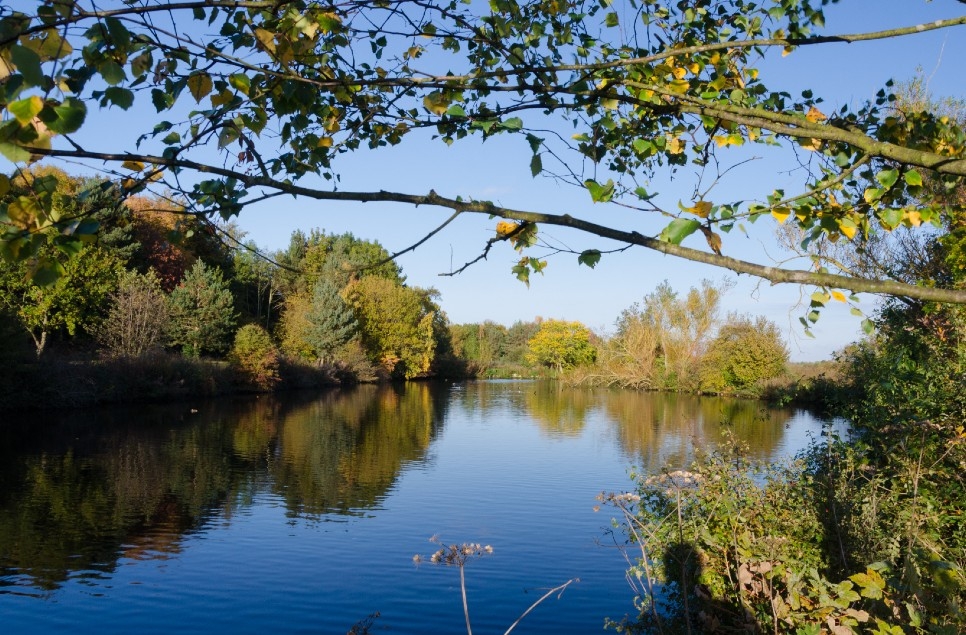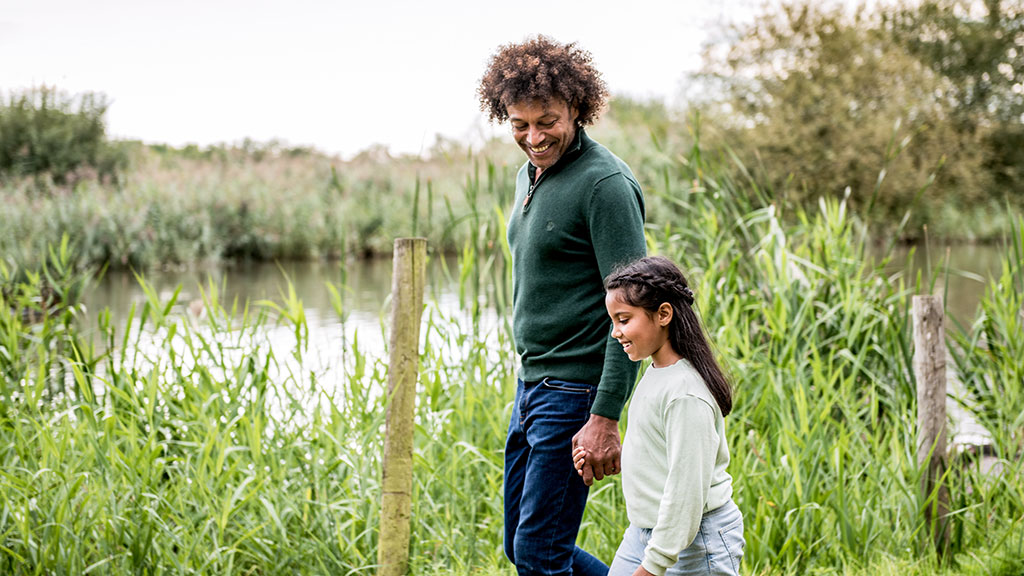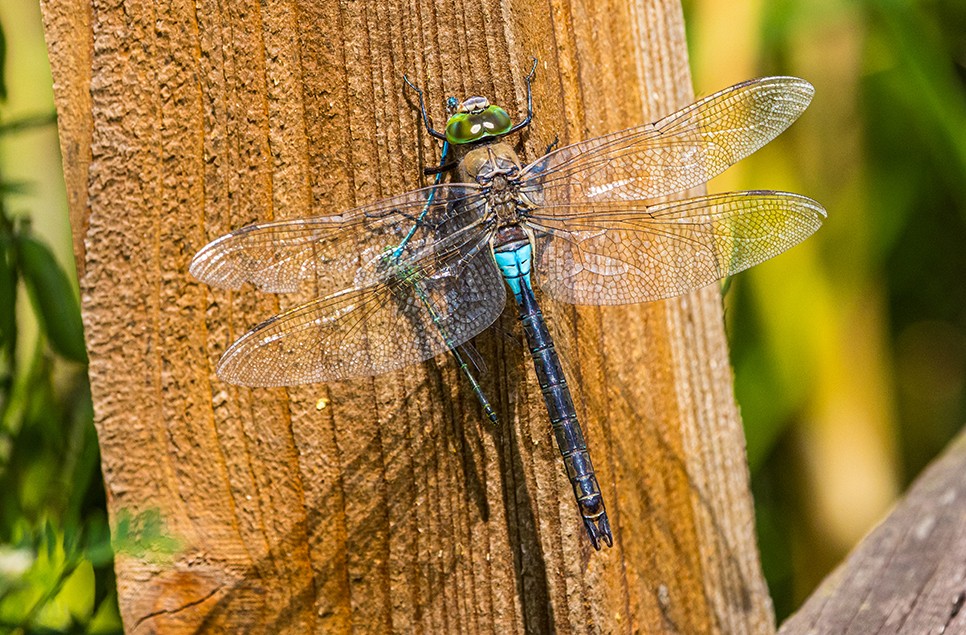WWT joins urgent call to clean up England’s wetlands

We're joining 20 other nature organisations calling for urgent measures to help lift England’s rivers, lakes and streams from the bottom of the water quality league table, and warn that drastic action is needed to restore wildlife habitat.
Every freshwater body in England currently fails chemical standards and only 16% are classed in good ecological health compared to 53% on average in the EU. A new report by Wildlife and Countryside Link’s Blueprint for Water group warns that climate change is worsening conditions for our already beleaguered waters: increased water-use during droughts and damage caused by flooding, both becoming more frequent due to climate change, are compounding the existing problems of overuse and chemical, sewage and plastic pollution for our waters.
WWT’s Head of Policy and Advocacy Tom Fewins backed the action and said the Government should adopt wetlands as a “powerful weapon” in the fight to restore our missing wildlife. He added this should include backing WWT’s Wetlands Can! campaign calling for the creation of 100,000 hectares of healthy wetlands across the country. Tom said:
“The world faces a biodiversity crisis: in the UK alone, over half of freshwater and wetland species are declining with 13% at risk of extinction. Poor water quality is helping to fuel this and the UK is very likely to miss its targets to address it.
“We must urgently turn this situation around – and that should include looking to the ‘nature based solutions’ that wetlands provide.
“This includes their amazing ability to improve water quality by filtering out a wide range of pollutants, something WWT has found out over the many years we have been creating ‘treatment’ wetlands specifically for this purpose. With a biodiversity crisis upon us the Government must now adopt wetlands as a powerful weapon in the fight to restore our missing wildlife. This means putting together the partnerships, information, plans and funding in place to create and restore 100,000ha wetlands as part of a Blue Recovery.”
The report – called Blueprint Vision: a freshwater recovery plan for England, poses three main challenges for the Government:
- RESTORE water and wildlife through large-scale, strategic habitat restoration, protecting and enhancing wildlife hotspots.
- CLEAN-UP pollution with an effective and fully resourced monitoring and enforcement regime, driven by ambitious targets.
- RE-THINK our relationship with water to build a sustainable system, delivering climate resilience, water security, and health and well-being benefits for our communities.
Ali Morse, Water Policy Manager at The Wildlife Trusts, and Chair of Blueprint for Water, said:
“Nature and society are already paying the price for the over-use and pollution of our waters and wetlands - wildlife is struggling to survive, our rivers are not safe to swim and play in, and as customers we pay millions to clean up water so that it’s safe to drink. And that price is going to get even steeper as we feel the effects of climate change.
“We’re facing a hazardous future of water shortages, flood damage and the loss of iconic species like the water vole and Atlantic salmon in England. We should all be worried that none of our rivers, lakes or streams are in good health and we have among the worst water quality in Europe. It’s time for a new vision for English waters, with adequate investment, robust pollution prevention and sustainable water use.”



